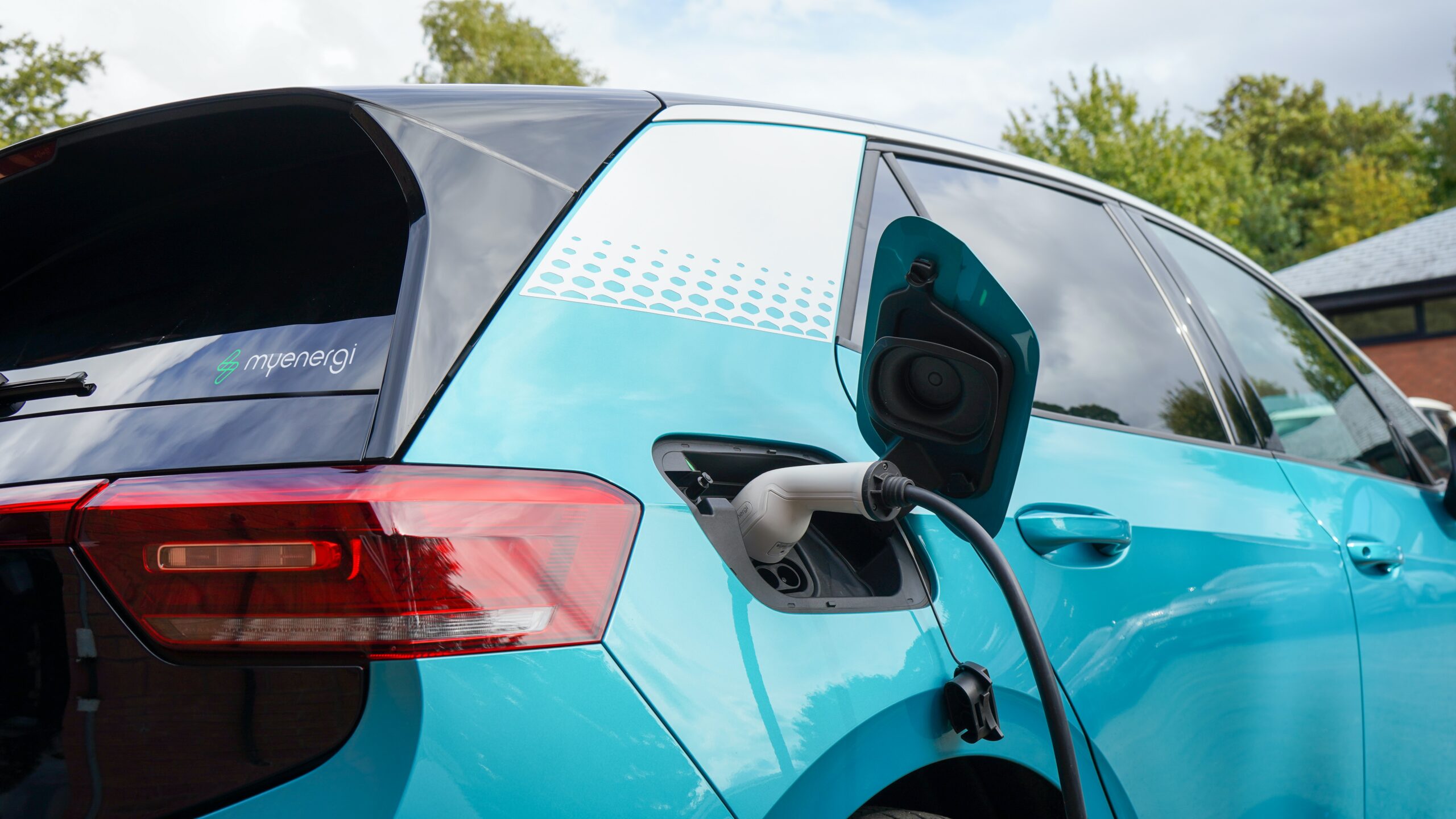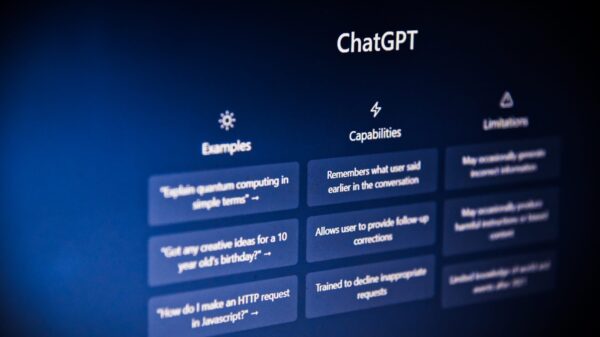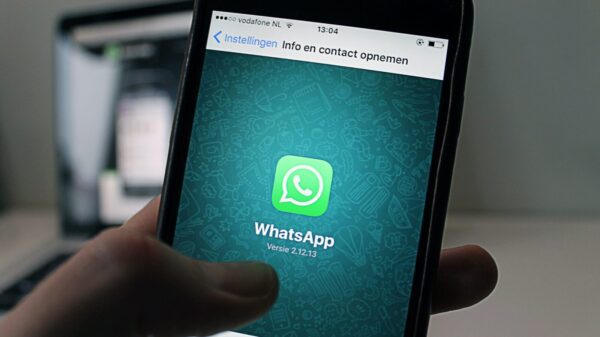In The News
Space-based internet startup Astranis has announced that its first commercial internet satellite, Arcturus, will not be able to provide continuous coverage to Alaska due to a malfunction with its solar panels. The satellite was launched on a SpaceX Falcon Heavy rocket in May.
Top things to Know
– Astranis’ first commercial internet satellite, Arcturus, will not be able to provide continuous coverage to Alaska due to a malfunction with its solar panels.
– The satellite was launched on a SpaceX Falcon Heavy rocket in May.
– Astranis is working on a software update to mitigate the issue and hopes to restore coverage to Alaska by the end of the year.
– The company plans to launch additional satellites to expand coverage and improve service reliability.
– Astranis aims to provide affordable and reliable internet access to underserved areas around the world.
Space-based internet startup Astranis has announced that its first commercial internet satellite, Arcturus, will not be able to provide continuous coverage to Alaska due to a malfunction with its solar panels. The satellite was launched on a SpaceX Falcon Heavy rocket in May.
The San Francisco-based company had planned to use Arcturus to provide high-speed internet access to remote areas of Alaska, where connectivity is limited. However, a malfunction with the satellite’s solar panels has prevented it from generating enough power to operate continuously.
Astranis is currently working on a software update to mitigate the issue and hopes to restore coverage to Alaska by the end of the year. The company is also planning to launch additional satellites to expand coverage and improve service reliability.
Astranis aims to provide affordable and reliable internet access to underserved areas around the world. The company’s satellites are designed to be smaller and more cost-effective than traditional satellites, making it possible to provide internet connectivity to areas that were previously considered economically unviable.
The company has already secured partnerships with telecommunications providers in several countries, including Alaska, to deliver its internet services. Astranis plans to launch a constellation of satellites to provide global coverage and compete with other space-based internet providers like SpaceX’s Starlink and OneWeb.
Despite the setback with Arcturus, Astranis remains optimistic about the future of its satellite internet service. The company believes that its technology has the potential to revolutionize the way people access the internet, particularly in remote and underserved areas.
In the meantime, Astranis is focused on resolving the solar panel issue and ensuring that its future satellites are equipped with reliable power systems. The company is also working on improving its software and ground infrastructure to deliver a seamless and reliable internet experience to its customers.
The malfunction with Arcturus highlights the challenges and risks associated with space-based internet ventures. While the potential benefits of providing internet access from space are significant, there are also technical and operational hurdles that need to be overcome.
Space-based internet providers face challenges such as satellite deployment, orbital positioning, and regulatory approvals. They also need to ensure that their satellites are equipped with robust power systems and can withstand the harsh conditions of space.
Despite these challenges, the demand for internet connectivity continues to grow, especially in remote and underserved areas. Space-based internet providers like Astranis are well-positioned to address this demand and bridge the digital divide.
– Astranis’ first commercial internet satellite, Arcturus, will not be able to provide continuous coverage to Alaska due to a malfunction with its solar panels.
– The satellite was launched on a SpaceX Falcon Heavy rocket in May.
– Astranis is working on a software update to mitigate the issue and hopes to restore coverage to Alaska by the end of the year.
– The company plans to launch additional satellites to expand coverage and improve service reliability.
– Astranis aims to provide affordable and reliable internet access to underserved areas around the world.
Original article: https://techcrunch.com/2023/07/21/astranis-moves-to-plan-b-after-first-commercial-internet-satellite-malfunctions-on-orbit/





































